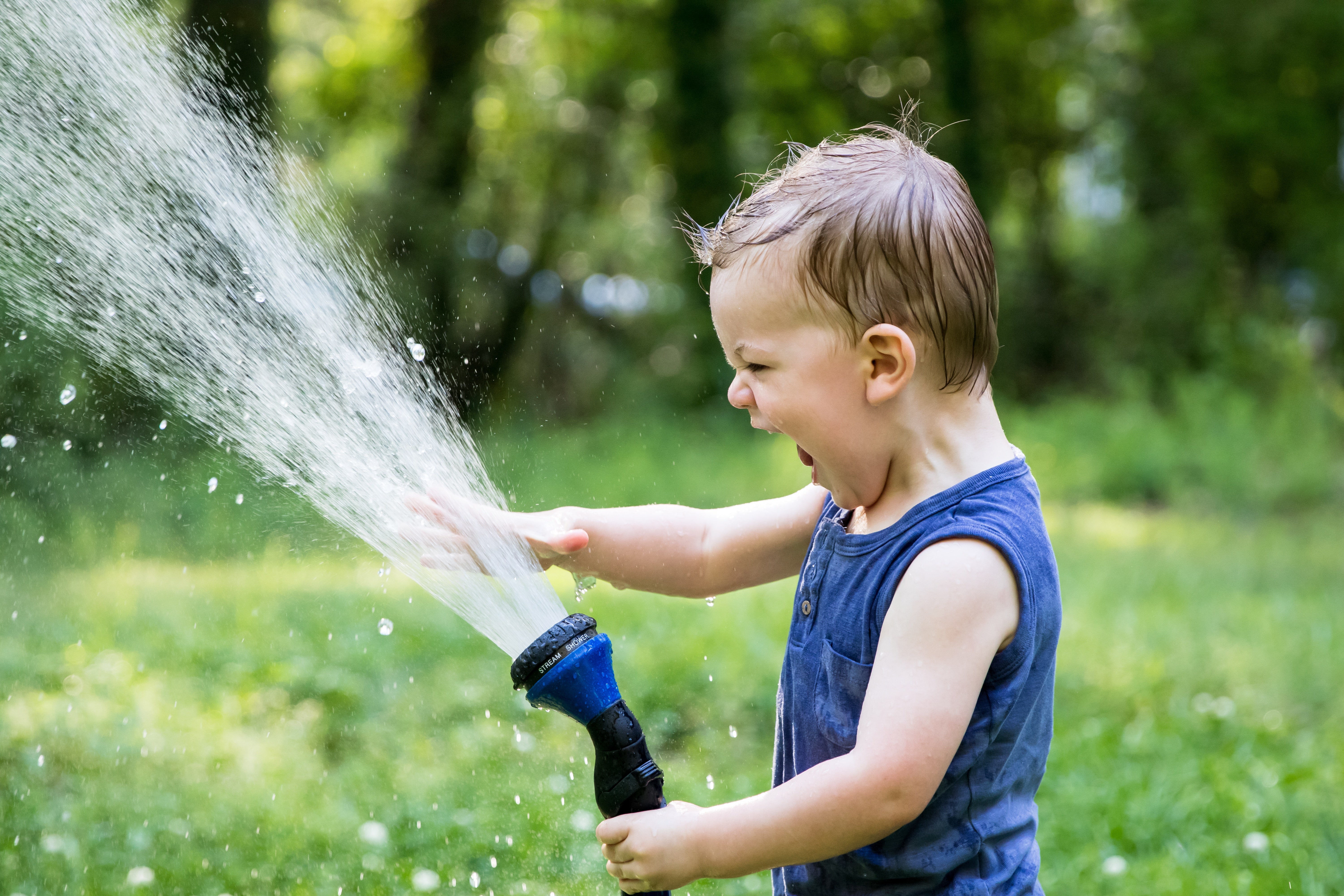
Australia is the Driest Continent on Earth That Can Yield Only a Limited Amount of Freshwater. With the drought happening in several parts of New South Wales and ACT, the water levels in the dams continue to drop. The call for water conservation is as loud as ever. Each Australian used to consume 480 litres daily post-millennium. It is now significantly reduced to an average of 300 litres.
We have been more conscious of the usage of water in the household in recent years. However, poor individual practices are not only the cause of water wastage at home. A faulty plumbing system can also be the root cause of excessive water usage and increased water bills. The Plumbing and Electrical Doctor has rounded up four green plumbing tips to support your water conservation efforts.
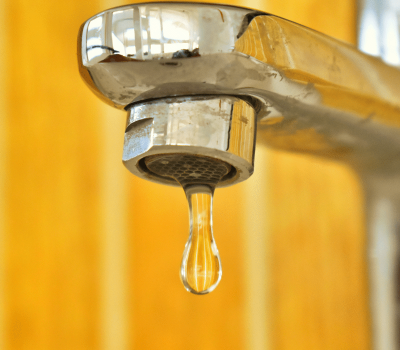
1. Check For Leaks In Your Plumbing
The shower, toilet, and laundry constitute the biggest percentage of indoor water use in an average Australian home. Prioritise a routine plumbing inspection in these areas. Common indications of leaks are low flow rates, strange noises coming from the pipes, and a noticeable spike in your water bills.
You can also go around to inspect if all taps are not broken or dripping. A single leaking tap left unattended can produce 12,000 litres of water waste a year. Do not forget to look around for broken or burst pipes outside the house, especially if you have trees in the surrounding.
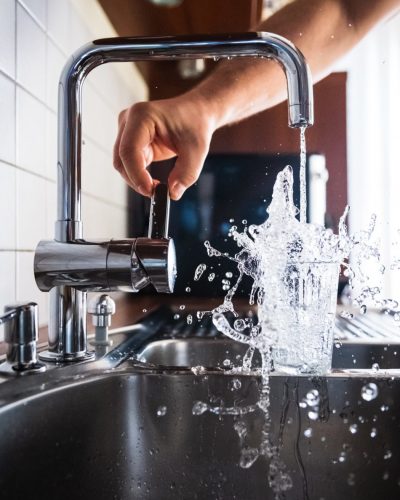
2. Improve Your Water-Conserving Habits
Dishwasher
Instead of doing three loads a day using a dishwasher, you can wait for a full load and save water.
Shower
Individuals can spend 12 minutes on average under the shower. Try cutting your shower time by two minutes.
Toilet
If you have a dual-flush toilet, a half-flush can already be enough to clean the waste. Do not throw away foreign objects into the toilet bowl, as this will require more water to flush. It will eventually block your drains in the long run.
Brushing and Shaving
Turn off the water while brushing your teeth and shaving. Do not leave it unattended.
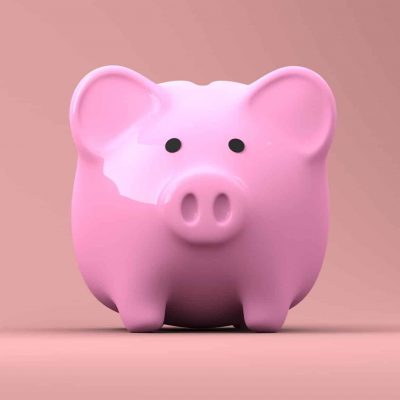
3. Install Water-Efficient Appliances and Fixtures
It is time to inspect if your old appliances and fixtures are requiring some replacements. The Department of Environment and Energy notes that a household can save up to $ 175 per year just by using water-efficient appliances and plumbing fixtures.
These star-rated products range from showerheads, toilet suites to dishwashers. These appliances have sensors and valves that can control water usage. You will need a licensed plumber for proper installation.
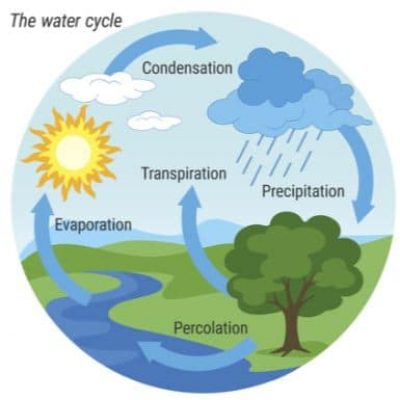
4. Recycle or Reuse Water
One efficient method of reusing water is to have a rainwater harvesting system in place. It is a pretty common sight in urban areas but only 26-30% of households in Australia actually have a rainwater tank. Rainwater can serve as an alternative source during water restrictions.
It can be used to flush your toilets and water the plants in the garden. It also provides less stress to your stormwater drain system, making this less susceptible to wear and tear. The most obvious benefit is a reduction in your water bills.
Some areas are already in Level 2 water restrictions in NSW. Encourage your family and friends to be proactive in saving water. Contact a local plumber near you to immediately fix leaks and blocked drains. Plumbing and Electrical Doctor is a licensed plumber in New South Wales and the ACT area. If you need upgrades in your plumbing system or a complete plumbing inspection for water-efficient plumbing, we will be happy to assist.
Contact us to book an appointment with our experienced plumber specialists.
References:
www.energy.gov.au
www.iconwater.com.au
Joe Evers
THE DOCTOR GETS IT DONE
